
Event Details
- Wednesday, June 6, 2018
- 7:30am MDT
- Early Bird: $65 | After May 15th: $85
- Fairmont Palliser, Calgary
133 9 Ave SW
Bridging Divides: In Search of Sound Public Policies for Energy and Environment in Canada
Watch the conference
[tubepress mode=”playlist” resultsPerPage=”3″ playlistValue=”PLAwLsebSWNmp-nORjL9R-T4W-X2-Y9X5e”]No topics in Canada are hotter today than new pipelines, carbon pricing, and energy development. There are legitimate policy debates to be had on all of these issues, but opinions seem to be getting more polarized, often lacking all perspectives.
Join us for a pan-Canadian conversation focusing on good policy, solid economics, and concrete evidence featuring a keynote address by David Dodge followed by two panel discussions.
See the full programmeProgramme Speakers
Keynote
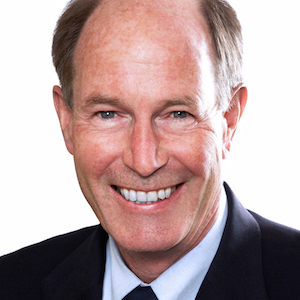
DAVID DODGE
Senior Advisor, Bennett JonesFormer Governor, Bank of Canada
During his academic career, he taught economics at Queen’s University; at the School of Advanced International Studies, Johns Hopkins University; at the Faculty of Commerce at the University of British Columbia; and at Simon Fraser University. He also served as Director of the International Economics Program of the Institute for Research on Public Policy. Mr. Dodge has been awarded honorary degrees from a number of Canadian universities. In 2009, he was elected a fellow of the Royal Society of Canada.
During a distinguished career in the federal public service, Mr. Dodge held senior positions in the Central Mortgage and Housing Corporation, the Anti-Inflation Board, and the Department of Employment and Immigration. After serving in a number of increasingly senior positions at the Department of Finance, including that of G-7 Deputy, he was Deputy Minister of Finance from 1992 to 1997. In that role, he served as a member of the Bank of Canada’s Board of Directors.
In 1998 he was appointed Deputy Minister of Health, a position he held until his appointment as Governor of the Bank of Canada.
Mr. Dodge, appointed Governor of the Bank of Canada, effective 1 February 2001 for a term of seven years, retired on 31 January 2008. From July 2008 to June 2014, he served as Chancellor of Queen’s University. From 2009 to 2015, he was a member of the board of directors of Canadian Utilities Limited, ATCO Limited and the Bank of Nova Scotia.
Mr. Dodge is Senior Advisor at Bennett Jones LLP one of Canada’s leading law firms. He also serves on the board of the Canadian Institute for Advanced Research, and Chairs the National Council of the C.D. Howe Institute.
Public policies that work for the economy and the environment
The first panel on public policies that work for the economy and the environment will be moderated by Chris Ragan and feature Jean Charest, Steve Williams, Jennifer Winter, and Ed Whittingham.
Moderator
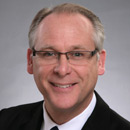
Chris Ragan
Chair, Canada's Ecofiscal CommissionDirector, Max Bell School of Public Policy
McGill University
Panelists
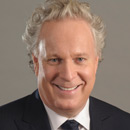
JEAN CHAREST
Partner, McCarthy TetraultFormer Premier of Quebec
Jean Charest is a Partner in the Montréal office of McCarthy Tétrault. With a public service career spanning almost 30 years, Jean Charest is one of Canada’s best known political figures. Mr. Charest was first elected to the House of Commons in 1984 and, at age 28, became Canada’s youngest cabinet minister as Minister of State for Youth.
In 1992, as Minister of the Environment he led Canada’s delegation to the Rio Earth Summit on the economy and the environment. Mr. Charest has also served as Minister of Industry and Deputy Prime Minister of Canada. In 1994, Jean Charest became Leader of the federal Progressive Conservative Party, becoming the party’s first French Canadian leader. In 1998 he became the Leader of the Québec Liberal Party. He then broke a 50-year provincial record, winning three consecutive election campaigns in 2003, 2007 and 2008.
Under his leadership, Québec experienced stronger economic growth than the US, Europe and Canada, during the global financial crisis. Charest’s government was a world leader on climate change, bringing forward the first carbon levy in North America.
Mr. Charest has received the many distinguished awards and honours, including being member of the Queen’s Privy Council for Canada, June 1986 (Canada); Commandeur of the Légion d’honneur, February 2009 (France); The Woodrow Wilson Award for Public Service, October 2011 (United-States).
Mr. Charest has been a lecturer in political science at Concordia University. He obtained his law degree from the University of Sherbrooke in 1980 and was admitted to the Québec bar in 1981.
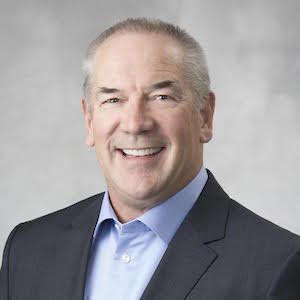
STEVE WILLIAMS
President and CEO, Suncor EnergySteve Williams is president and chief executive officer of Suncor Energy Inc.
Steve’s career with Suncor began in May 2002 when he joined the company as executive vice president, Corporate Development and chief financial officer. He then served as executive vice president, Oil Sands and chief operating officer. Steve has more than 40 years of international energy industry experience, including 18 years at Esso/Exxon.
Steve holds a Bachelor of Science degree (Hons.) in chemical engineering from Exeter University and is a fellow of the Institution of Chemical Engineers. He is a graduate of the business economics program at Oxford University as well as the advanced management program at Harvard Business School.
In 2016, Steve was named to the Board of Directors of the new Alcoa Corporation. He is a Board member of the Business Council of Canada, is a member of the Institute of Corporate Directors and is also a member of the McKinsey & Company Canada Advisory Council. In 2014 and 2015 Steve acted as co-chair of Indspire’s “Building Brighter Futures” campaign, which provides financial support for Indigenous students.
Steve has long been an advocate for sustainable development in the energy industry and a leader in conversations that connect the environment and economy. In 2005 he was appointed to the National Roundtable on the Environment and the Economy by the Prime Minister. He has also been a member of the advisory board of Canada’s Ecofiscal Commission since its inception. He is one of 12 founding CEOs of Canada’s Oil Sands Innovation Alliance (COSIA) and he was invited to attend the 2015 United Nations Climate Change Conference (COP21) in Paris, France as an official member of the Government of Canada delegation.
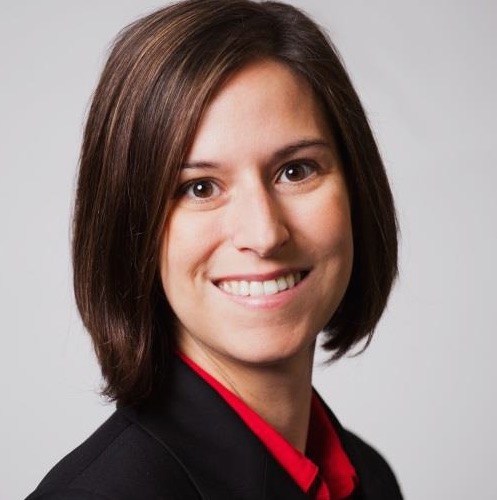
JENNIFER WINTER
Scientific Director, Energy and Environmental PolicyThe School of Public Policy
University of Calgary
Dr. Jennifer Winter (PhD, Calgary) is an Assistant Professor and Scientific Director of the Energy and Environmental Policy research division at The School of Public Policy, University of Calgary. Jennifer also directs the Canadian Network for Energy Policy Research and Analysis. Her research is focused on the effects of government regulation and policy on the development of natural resources and energy, and the consequences and trade-offs of energy development.
Jennifer has published academic and policy papers, including two examining the efficiency of carbon taxation, three examining Canadian energy literacy, two on the safe transportation of crude oil, and one on the idea of “green jobs.” Other projects she is currently working on are the prospects for Canadian LNG exports to Europe, social impacts of hydraulic fracturing, and comparing provincial emission-reduction policies.
Dr. Winter is actively engaged in increasing public understanding of energy and environmental policy issues; recognition of her efforts include a 2014 Young Women in Energy Award, being named one of Alberta Oil Magazine’s Top 35 Under 35 in 2016, and being named one of Avenue Calgary’s Top 40 Under 40 in 2017. Prior to joining The School of Public Policy, Jennifer worked at Human Resources and Skills Development Canada, researching Canadian labour markets. She has advised the Government of Alberta in several capacities, including participating in two of the 2015 Royalty Review’s Working Groups and advising the Energy Diversification Advisory Committee. Dr. Winter also serves on the Future Leaders Board of Directors of the World Petroleum Council Canada and is a member of Global Affairs Canada’s Environmental Assessment Advisory Group.
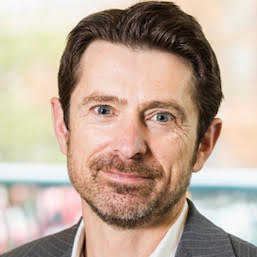
ED WHITTINGHAM
Whit & HamEd Whittingham is a passionate, results-oriented environmental professional who has been called one of Canada’s most prominent environmentalists by the New York Times. His background in climate change, energy policy and corporate sustainability has been developed through 20 years of working collaboratively with companies, governments, universities and non-governmental organizations in Canada and internationally. He is the former executive director of the Pembina Institute, Canada’s widely respected energy/environment NGO. Ed was named one of Alberta’s 50 Most Influential People in 2016, and his op-eds have been published in newspapers and magazines across Canada and internationally. Currently he focused on advancing clean energy projects through business development, regulatory affairs and public-private partnership advice and support. He is a huge fan of Canada’s Ecofiscal Commission and Chris Ragan in particular.
Good public policies for Canada as a whole
The second panel on good public policies for Canada as a whole will be moderated by Pierre-Gerlier Forest and features Preston Manning, Carol Anne Hilton, Steve Cornish, and Carissima Mathen.
Moderator
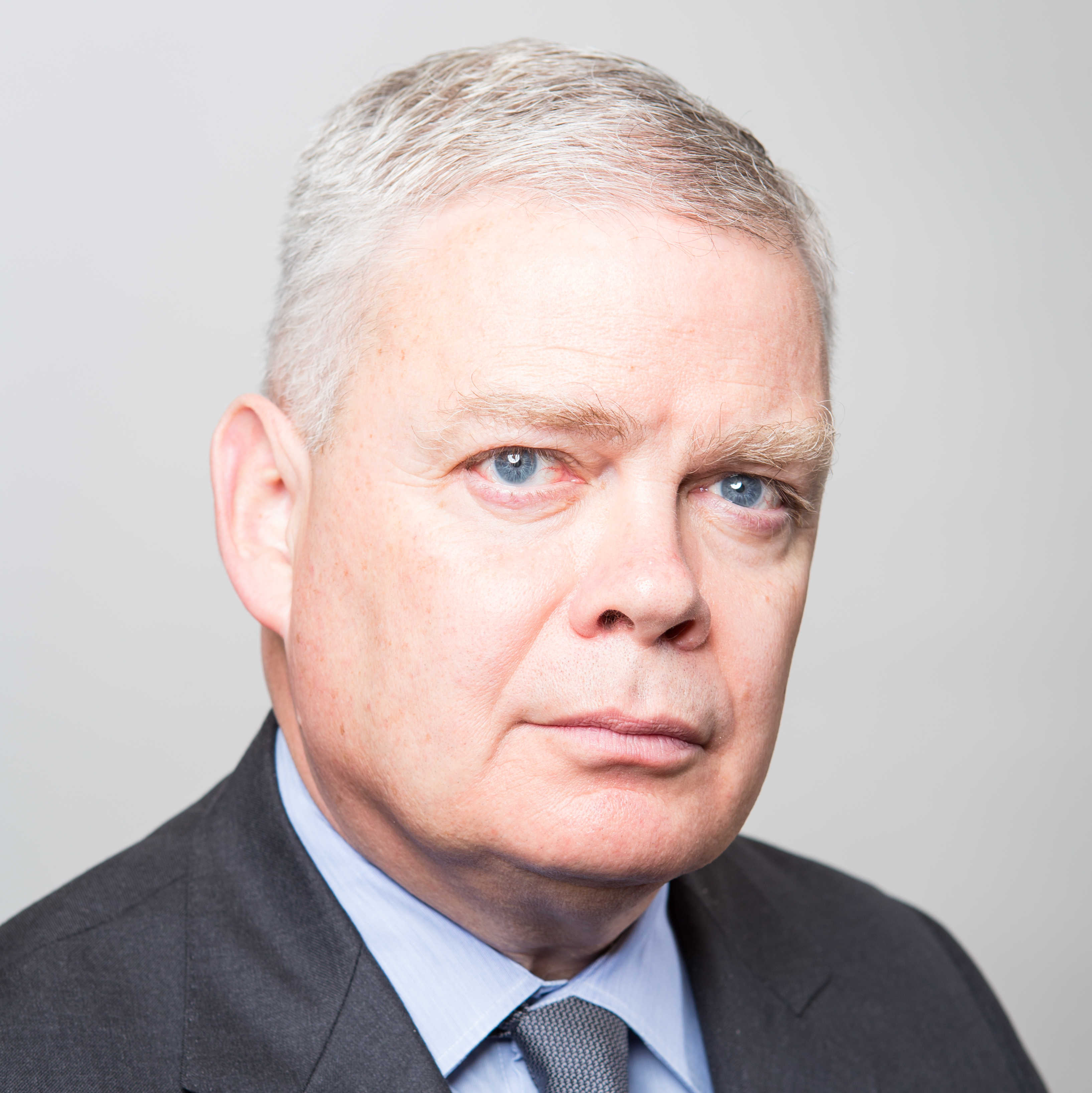
Pierre-Gerlier Forest
Director, School of Public PolicyChair, James S. and Barbara A. Palmer Chair in public policy
University of Calgary
Prior to joining The School of Public Policy, PG Forest was Director of the Institute for Health and Social Policy at Johns Hopkins University and Professor at the Bloomberg School of Public Health. From 2006 to 2013, he was president of the Pierre Elliott Trudeau Foundation, a reputed Canadian institution that encourages innovation in policy research and the dissemination of original and practical solutions to social issues.
In 2003, PG Forest was appointed to the G.D.W.Cameron Visiting Chair before becoming Assistant Deputy Minister and Chief Scientist (2004-2006) with Health Canada, the federal department of health. As the principal scientific advisor to the Minister of Health, PG Forest was accountable for the quality and integrity of the scientific and regulatory research conducted by the department.
In 2001, PG Forest was appointed to the Commission on the Future of Health Care in Canada. Chaired by Roy J. Romanow, the Royal Commission was mandated to review Canada’s publicly funded health care system and make recommendations to improve its overall performance and long-term sustainability. As Director of Research, Dr. Forest was responsible for the evidence produced and used by the Commission and contributed directly to its publications, including the final report and recommendations.
Dr. Forest spent the first part of his academic career at Université Laval, in Quebec City, where he was Professor of policy analysis and public administration with the department of political science (1990-2007). During that period, he created the first course on Aboriginal policy and politics ever offered in a francophone university in Canada and trained a generation of policy analysts and researchers in this field of study, including some leading young First Nations and Inuit scholars. He is the author of more than a hundred and fifty scientific papers and books; among others, notably: Changing Health Care in Canada (Toronto, 2004) and Paradigm Freeze (Toronto, 2013).
PG Forest obtained a Master’s degree in Political Science at Université Laval (1984) and a PhD. in History and Socio-Politics of Science at Université de Montréal (1989). In the years following his post-doctoral studies (Manchester Business School), several governments and numerous organizations have called on his expertise, particularly in the areas of public policy renewal, health system reform, and knowledge management. A reputed public speaker, PG Forest is regularly invited to deliver keynote speeches at high-profile domestic and international gatherings.
PG Forest holds an appointment as Professor of Community Health Science in the Cumming School of Medicine at the University of Calgary. He was elected to the Canadian Academy of Health Sciences in 2008 and to the Alpha Chapter of the Delta Omega public health honor society in 2015.
Panelists
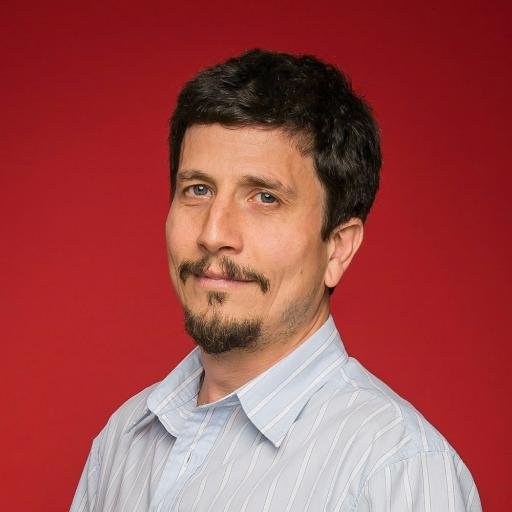
STEPHEN CORNISH
CEO, David Suzuki FoundationStephen Cornish is CEO of the David Suzuki Foundation (DSF), a leading Canadian environmental non-profit organization. Before joining DSF, he spent five years as executive director of Médecins Sans Frontières/Doctors Without Borders (MSF) Canada, where he led a team that ushered in tremendous change and growth.
Stephen has also served with the Canadian Red Cross and CARE Canada, and sits on the boards of directors for several charitable organizations, including as honorary member with the Canadian Association of Physicians for the Environment.
From his first overseas mission in Nepal dealing with renewable energy and waste management issues, to sustainable community forestry activities in Central America, to more recent work on environmental health impacts of extractives, Stephen has long been convinced of our collective duty to protect the natural world and ultimately guarantee our own place within it.
He holds a master’s degree in global risk and crisis management from the Sorbonne in Paris and a post-graduate diploma in conflict resolution from the University of Bradford.
Stephen has helped spur public debate in Canada on pressing social and humanitarian issues, both as an analyst and contributor to news outlets such as the Globe and Mail, National Post and Policy Options.
In 2016, he was named one of the top 30 charity CEOs on social media. You can follow him on Twitter
@Stephen_Cornish.
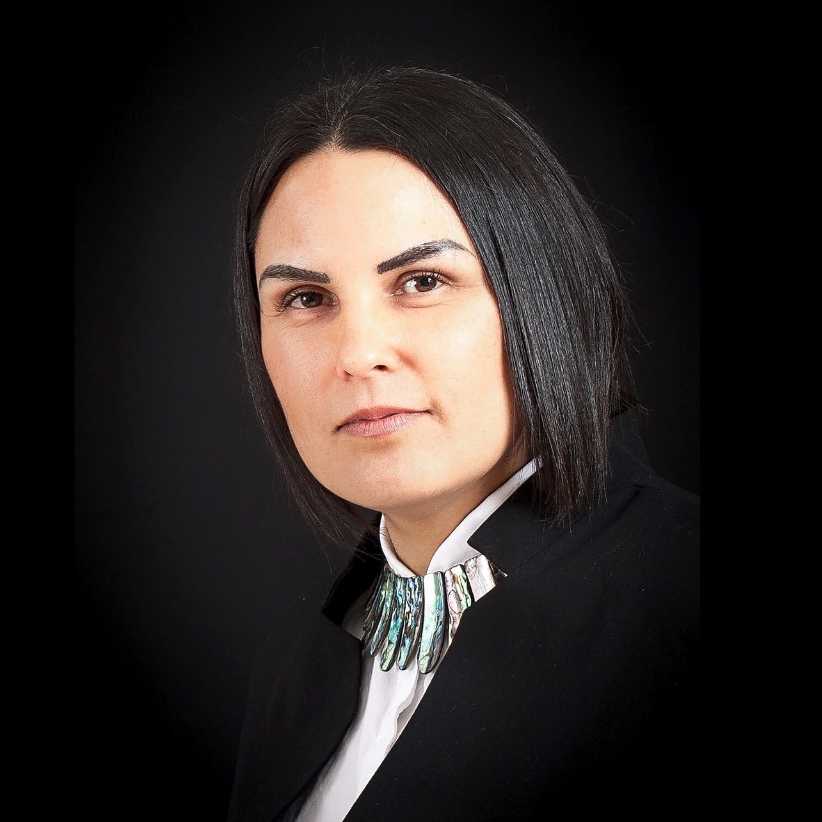
CAROL ANNE HILTON
CEO and Founder of The Indigenomics InstituteCarol Anne Hilton, MBA is the CEO and Founder of The Indigenomics Institute as well as the CEO of Transformation International, an award winning First Nation Social and Economic Development company. Carol Anne is a recognized First Nation’s business leader with an international Masters Degree in Business Management (MBA) from the University of Hertfordshire, England. Carol Anne is of Nuu chah nulth descent from the Hesquiaht Nation on Vancouver Island.
Carol Anne was recently appointed as a senior advisor on the Canadian Federal Economic Growth Council. The Council advises the Federal Finance Minister Morneau on Canadian economic growth.
Carol Anne is currently authoring ‘Indigenomics- a Global Power Shift’ Carol Anne has led the establishment of a line of thought called #indigenomics- building and developing local Indigenous economies.
Carol Anne’s work has been recognized with a BC Aboriginal Outstanding Business Achievement Award, a Creating Wealth Award from the National Indigenous Council of Elders and Business of the Year Award from the Nuu chah nulth Economic Development Corporation.
Carol Anne currently serves as Director on the McGill University Institute of the Study of Canada and the National Canadian Community Economic Development Network and is also serving as a juror on the Smart Cities Challenge. Carol Anne is an instructor at Simon Fraser University’s Community Economic Development Program and a faculty lead at the Banff Center’s Indigenous Business Program where she was also a Fleck Fellow.

PRESTON MANNING
Founder, Manning CentreFormerly
Leader of the Official Opposition, CanadaPreston Manning, PC CC AOE, is Founder and President of the Manning Centre for Building Democracy, which he founded in 2005. He is also a Senior Fellow of both the Fraser Institute and the Marketplace Institute at Regent College, UBC.
Mr. Manning served as a Member of Parliament from 1993 to 2001. He founded two new political parties – the Reform Party of Canada and the Canadian Reform Conservative Alliance – both of which became the official Opposition in the Canadian Parliament, and laid the foundation for the new Conservative Party of Canada. Mr. Manning served as Leader of the Opposition from 1997 to 2000 and was also his party’s science and technology critic. In 2007 Preston Manning was made a Companion of the Order of Canada and in 2013 was appointed to the Privy Council.
Mr. Manning is an advocate of “green conservatism” – stressing the importance of “living within our means” ecologically as well as fiscally and the benefits of harnessing market mechanisms to environmental conservation.
Mr. Manning graduated from the University of Alberta with a BA in Economics and worked as a consultant to the energy industry for twenty years before entering the political arena. He has received honorary degrees from the University of Calgary, University of Alberta, Southern Alberta Institute of Technology, Tyndale University College, York University, and the University of Toronto.

Carissima Mathen
Vice-Dean and Full Professor of LawUniversity of Ottawa
Carissima Mathen is Vice-Dean (Academic) and Full Professor of Law at the University of Ottawa. A specialist in Constitutional Law, Criminal Law, and US Constitutional Law, she is a widely published scholar and frequent media commentator. From 1994-2001, Professor Mathen was Director of Litigation for the Women’s Legal Education and Action Fund (LEAF) where she litigated path-breaking Charter of Rights decisions. In recent years, her research has focussed on the core wrongs of sexual assault, artificial intelligence and legal reasoning, and the reference function of Canadian courts. Her forthcoming book, Courts without Cases: The Law and Politics of Advisory Opinions (Hart Publishing) is expected in 2019. A second book co-authored with Michael Plaxton, The Nadon Diaries, is also forthcoming (UBC Press). In 2018, the Law Society of Ontario announced her as a Law Society Medallist, one of the highest honours in the Ontario bar.


